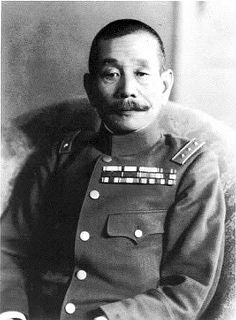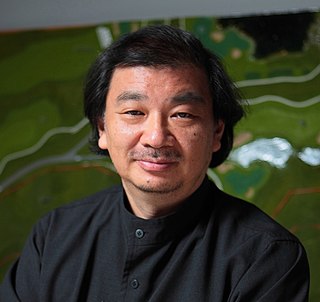A Quote by Vladimir Putin
We were in negotiations, but then the Japanese side suspended them unilaterally. Now, at the request of our Japanese partners, we have reopened these talks.
Related Quotes
Some years ago our Japanese counterparts asked us to resume the discussions of the issue and so we did meeting them halfway. Over the passed couple of years the contacts were practically frozen on the initiative of the Japanese side, not ours. At the same time, presently our partners have expressed their eagerness to resume discussions on this issue [the Kuril Islands].
The Japanese army is now prepared to use every means within its power to subdue its opponents. The objectives of the Japanese Expeditionary Forces are, as clearly set forth in statements issued by the Japanese Government, not only to protect the vested interests of Japan and the lives and property of the Japanese residents in the affected area, but also to scourge the Chinese Government and army who have een pursuing anti-foreign and anti-Japanese policies in collaboration with Communist influences.
In 2000 the then Prime Minister of Japan [Yoshir? Mori] asked me to return to this process, this conversation, these talks, and to do so, incidentally, on the basis of the 1956 declaration. I agreed. Since then we have conducted dialogue in this regard but I cannot say that our Japanese partners and friends have remained within the limits of the 1956 declaration.
Many Japanese families moved to Taiwan during the occupation. Then, when the war ended, they were forced to move back. And at the macro level, the Taiwanese had every reason to cheer when the Japanese left. The Japanese military could often be incredibly brutal. The Taiwanese lived as second-class citizens on their own land.
It is sobering to recall that though the Japanese relocation program, carried through at such incalculable cost in misery and tragedy, was justified on the ground that the Japanese were potentially disloyal, the record does not disclose a single case of Japanese disloyalty or sabotage during the whole war.
As well as Japanese animation, technology has a huge influence on Japanese society, and also Japanese novels. It's because before, people tended to think that ideology or religion were the things that actually changed people, but it's been proven that that's not the case. Technology has been proven to be the thing that's actually changing people. So in that sense, it's become a theme in Japanese culture.
We made our debut in Japan about few years ago and when we went on a morning show there to promote our album, I did a brief interview in Japanese using simple expressions such as "Yoroshiku onegaishimasu." But one of the members of our group said, "Stay quiet if you can't speak Japanese! It's embarrassing!" So that's when I told myself that I'd show how good I am by studying Japanese hard.
They didn't incarcerate the Japanese-Americans in Hawaii. That's the place that was bombed. But the Japanese-American population was about 45 percent of the island of Hawaii. And if they extracted those Japanese-Americans, the economy would have collapsed. But on the mainland, we were thinly spread out up and down the West Coast.




























